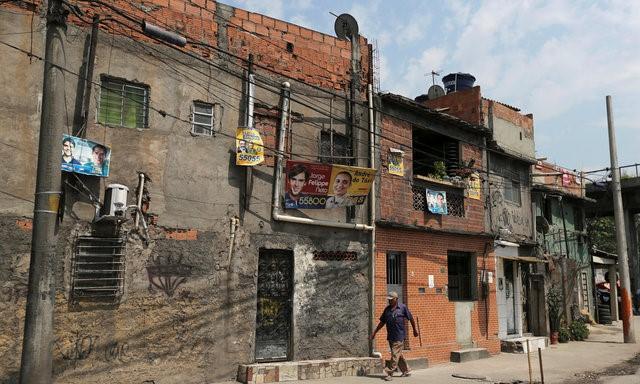BRASILIA, Oct 2 -- Brazilians vote on Sunday in the first elections since the impeachment of former president Dilma Rousseff - and her leftist Workers Party (PT) is expected to suffer a major setback.
The nationwide election of mayors and city councils in 5,568 municipalities across Brazil will be a test of support for the country's political parties in the midst of its worst corruption scandal and deepest recession since the 1930s.
Centrist parties allied to Brazil's President Michel Temer, who succeeded Rousseff in August, are expected to do well. Victory, particularly in Brazil's largest cities, would boost the parties as they prepare for the 2018 presidential race.
"The Workers Party has no presidential alternatives and will suffer big losses," said Claudio Couto, a political scientist at the FGV think tank in Sao Paulo. "The party made a lot of mistakes in recent years and never admitted it was wrong."
Temer's Brazilian Democratic Movement Party (PMDB) is expected to expand its number of mayors. The Brazilian Social Democratic Party (PSDB), the other major centrist force, should win in Sao Paulo, which is a traditional launching pad for national office.
In Sao Paulo, a bastion of anti-Rousseff sentiment, even PT candidates have eschewed the classic red T-shirt of PT supporters to avoid association with the party born in the city's industrial suburbs.
According to ARKO Advice consultancy in Brasilia, the PT will win only one mayoral race in a state capital city, in Rio Branco, in the small state of Acre.
Millionaire businessman João Doria is favored to become Sao Paulo mayor and bolster a likely presidential bid in 2018 by the PSDB governor of the state Geraldo Alckmin.
The elections are the first held under a ban on corporate campaign financing that was meant to clean up Brazilian politics following the massive graft scandal surrounding state-controlled oil company Petrobras. The new rules have helped wealthy candidates who are using their personal funds.
The elections have generated little enthusiasm among Brazilian voters in a nation battling with double-digit unemployment and high inflation.
Voting is obligatory in Brazil, but many disenchanted voters would rather not cast any ballot.
"What's the point? There are no alternatives, look left look right, all the candidates are corrupt," said Ana da Rocha, a maid who lives in Itapoa on the outskirts of Brasilia.
"Once they get elected, they do nothing but look after themselves, so they don't have to work again in their lives," she added. ($1 = 3.2610 Brazilian reais)























































